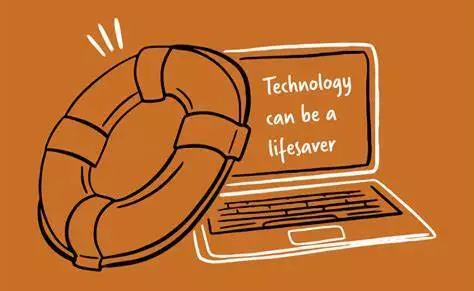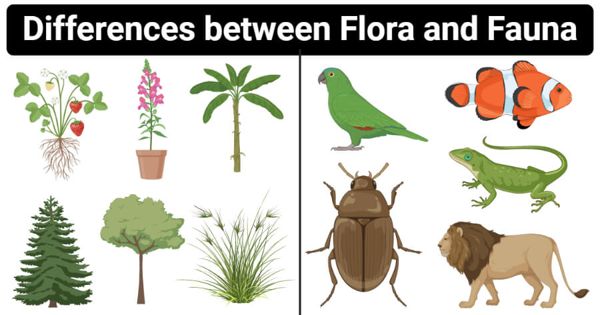The idea of making internet access a human right is still being debated and discussed. Advocates argue that because the internet has become such an important tool for communication, education, information access, and participation in modern society, it should be considered a fundamental human right. They argue that without internet access, people are shut out of many opportunities and resources that have become increasingly digitized.
According to a new study, people all over the world are so reliant on the internet to exercise socioeconomic human rights like education, healthcare, work, and housing that online access must now be considered a basic human right.
Internet access, particularly in developing countries, can mean the difference between people getting an education, staying healthy, finding a place to live, and finding work. Even if people have offline opportunities, such as accessing social security or finding housing, they are at a disadvantage in comparison to those who have Internet access.
Dr. Merten Reglitz, Lecturer in Global Ethics at the University of Birmingham, published his findings in Politics, Philosophy, and Economics, calling for a standalone human right to internet access based on its practical necessity for a variety of socioeconomic human rights.
The internet has a unique and fundamental value for realizing many of our socioeconomic human rights, allowing users to submit job applications, send medical information to healthcare professionals, manage their finances and business, make social security claims, and submit educational assessments.
Dr. Reglitz
He calls on public authorities to provide free internet access to those who cannot afford it, as well as basic digital skills training for all citizens and protection of online access from arbitrary interference by states and private companies.
“The internet has a unique and fundamental value for realizing many of our socioeconomic human rights,” Dr. Reglitz said, “allowing users to submit job applications, send medical information to healthcare professionals, manage their finances and business, make social security claims, and submit educational assessments.”
“The internet’s structure enables a mutual exchange of information that has the potential to contribute to the progress of humankind as a whole – potential that should be protected and deployed by declaring access to the Internet a human right.”

The study outlines several areas in developing countries where internet access is essential to exercise socio-economic human rights:
- Education – students in internet-free households are disadvantaged in obtaining a good school education with essential learning aids and study materials online.
- Health – providing in-person healthcare to remote communities can be challenging, particularly in the US and Canada. Online healthcare can help to plug this gap.
- Housing – in many developed countries, significant parts of the rental housing market have moved online.
- Social Security – accessing these public services today is often unreasonably difficult without internet access.
- Work – jobs are increasingly advertised in real time online and people must be able to access relevant websites to make effective use of their right to work.
Dr. Reglitz’s research also highlights similar issues for people without internet access in developing countries, such as Sub-Saharan Africa, where 20% of children aged 6 to 11 are out of school. Many children must walk long distances to school, where class sizes are routinely very large in crumbling, unsanitary schools with insufficient teachers.
Online education tools, on the other hand, can make a significant difference by allowing children who live far away from schools to complete their education. If teaching materials are available digitally and students do not have to share books, more students can be taught more effectively.
Internet access can also mean the difference between receiving adequate healthcare or receiving none at all for people in developing countries. In Kenya, for example, a smartphone-based Portable Eye Examination Kit (Peek) has been used to test people’s eyesight and identify people who need treatment, especially in remote areas underserved by medical practitioners.
People in developing countries are frequently confronted with a lack of physical banks, but internet access allows for financial inclusion. Small businesses can also raise funds through online crowdfunding platforms; the World Bank predicts that such sums raised in Africa will increase from $32 million in 2015 to $2.5 billion in 2025.











